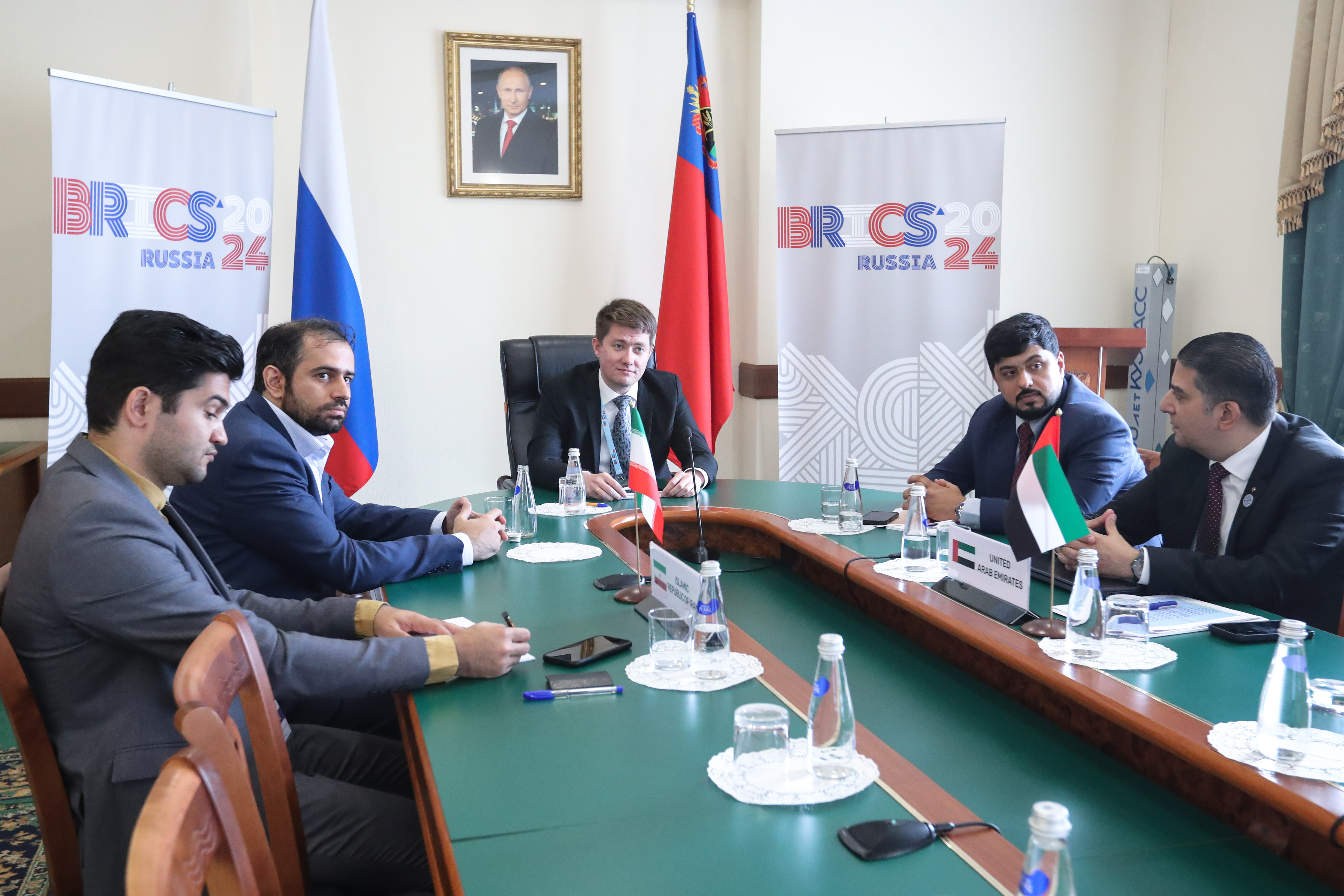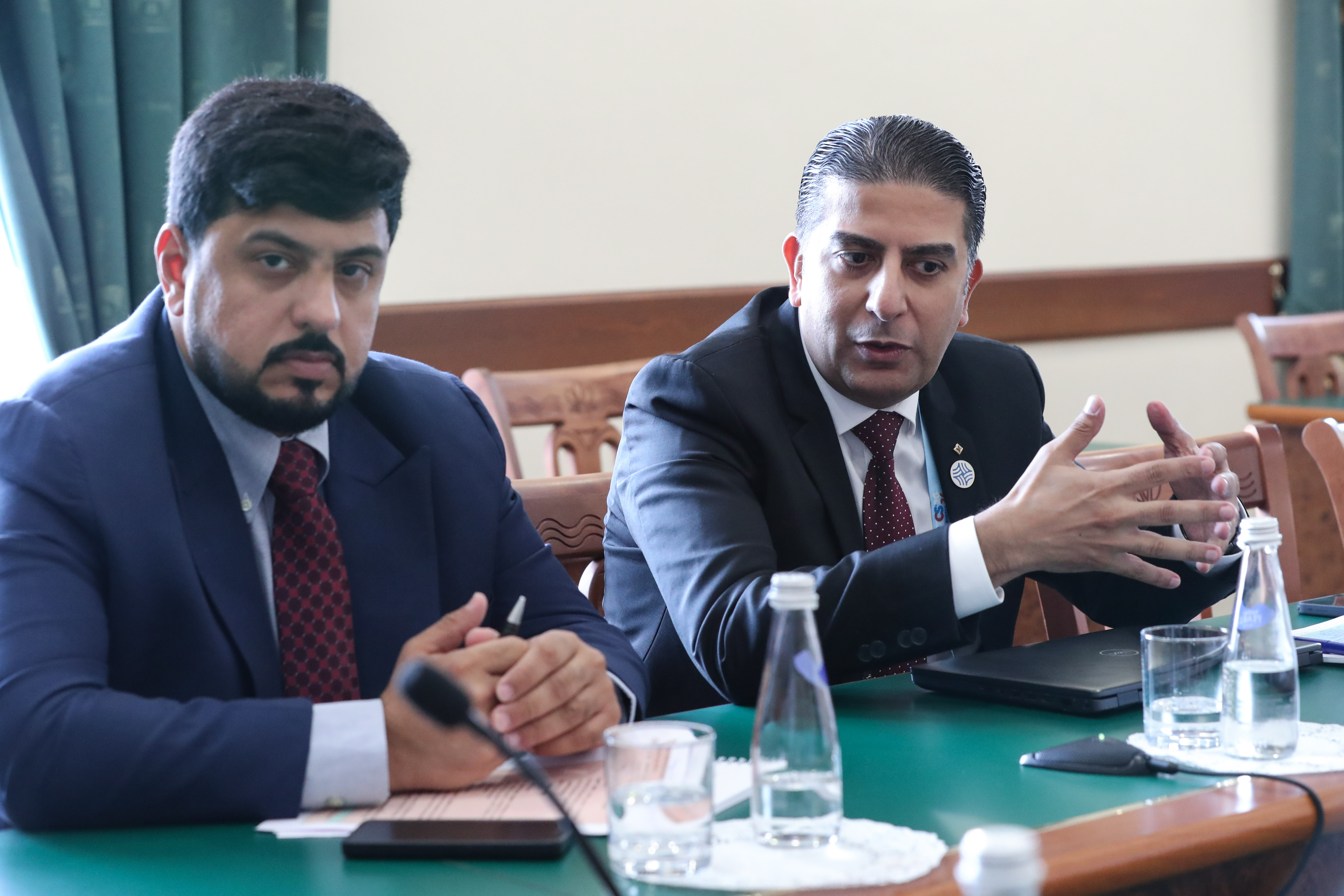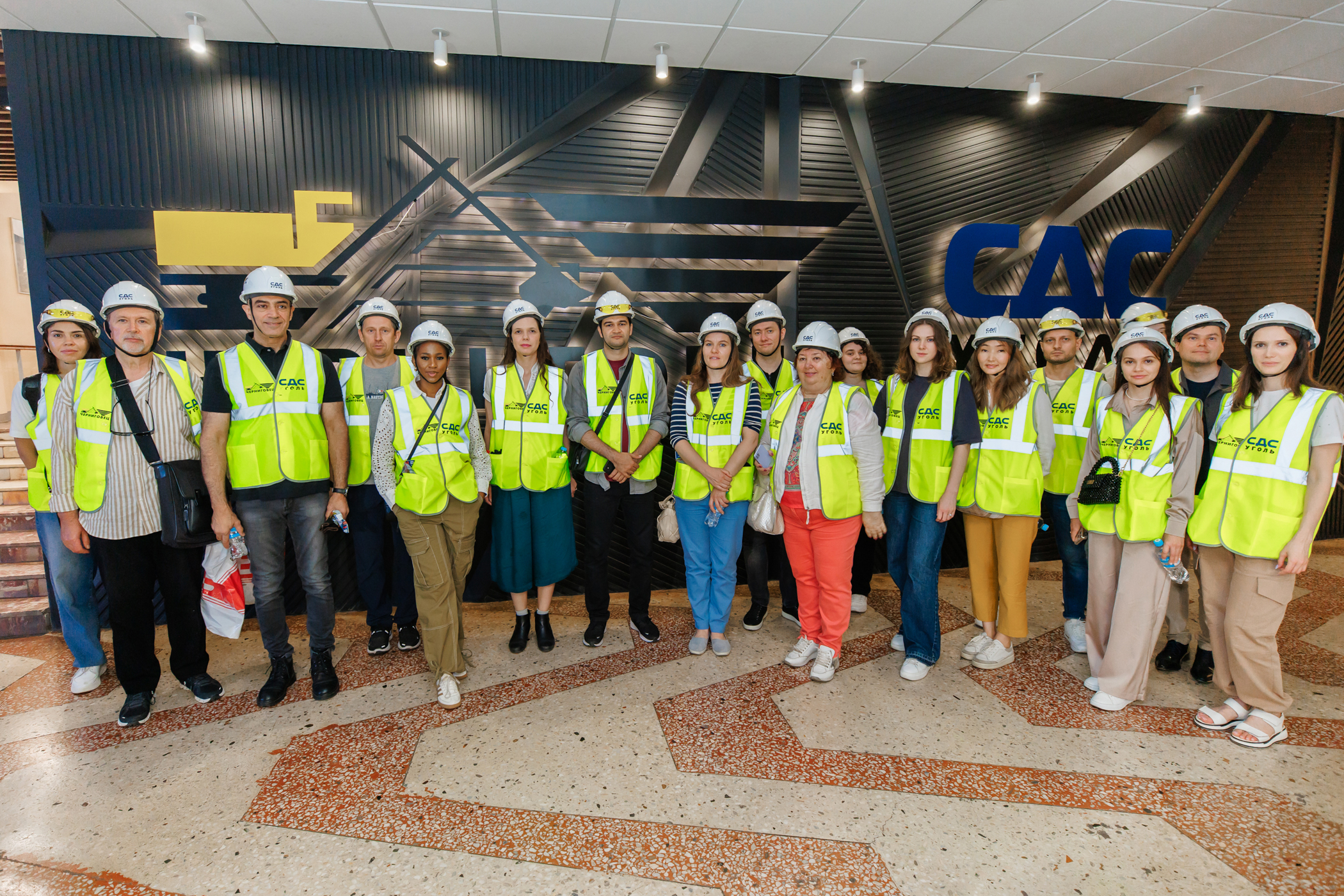The Third Meeting of the BRICS Working Group on New and Renewable Energy and Energy Efficiency took place on July 2-3, 2024 in Kemerovo. The event was held jointly with the Meeting of the BRICS Committee of Senior Energy Officials.
The event brought together experts in conventional energy, hydrogen and CCUS technologies and renewable energy of the BRICS countries. The prospects for BRICS cooperation in the energy sector in the context of energy transition were the main topic of the international dialogue.
The working agenda of the Meeting included plenary sessions with the BRICS Committee of Senior Energy Officials, as well as sessions of the Working Group.
The meeting of the BRICS Committee of Senior Energy Officials was opened by Sergey Mochalnikov, Deputy Minister of Energy of Russia. He noted that almost half of the world’s energy production and consumption belongs to the BRICS countries, and the BRICS expansion only emphasizes the key role of the association in this area. Ilya Seredyuk, Acting Governor of the Kemerovo region, and Andrey Panov, Deputy Governor and Chairman of the Government of the Kemerovo region, also welcomed the participants of the meeting, noting the exceptional importance of this event for the region, which produces more than 50% of Russia’s coal. The representatives of the region stressed the importance of continued cooperation in the coal industry despite the active development of renewable energy sources.
 |
 |
During the Working Group meeting, delegates exchanged views on promising thematic areas for joint research. Thus, there were proposals for cooperation in the field of smart grids, digitalization and artificial intelligence, synthetic fuels and green energy, solar panels, wind energy and biofuels. The participants of the meeting also proposed to create a special BRICS journal to unlock the potential of joint publications of the BRICS countries.
Scientific mobility represented an especially important topic of the discussion. BRICS countries’ representatives focused on education and training in the field of renewable energy. The participants made a number of proposals on internships for young scientists and PhD students in the BRICS countries’ universities.
 |
 |
Following the meeting, the representatives of the BRICS countries emphasized the need for closer regular meetings to achieve concrete practical results. The BRICS scientific communities plan to publish joint articles in peer-reviewed journals included in the databases such as Scopus, Web of Science and others.
Members of the delegations also exchanged invitations to the thematic conferences on new and renewable energy and energy efficiency in their home countries during the current year.
During the Working Group meeting, the participants managed to agree on potential thematic areas for the BRICS STI Framework Program.
 |
 |
